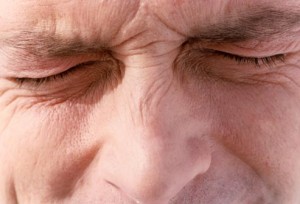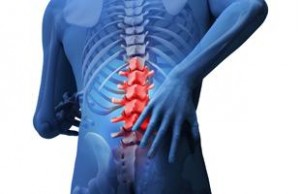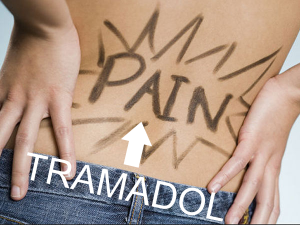 Chronic pain can be defined as discomfort that carries on for six months or more after the ‘original insult’ is gone. It may be marginalized or misunderstood, especially if the pain is diffuse, and patients can end up searching high and low for some pain relief. The pain coupled with a feeling of helplessness can contribute to depression and anxiety.
Chronic pain can be defined as discomfort that carries on for six months or more after the ‘original insult’ is gone. It may be marginalized or misunderstood, especially if the pain is diffuse, and patients can end up searching high and low for some pain relief. The pain coupled with a feeling of helplessness can contribute to depression and anxiety.
It is very important that pain be viewed as the symptom of a whole-body picture, rather than a muscular or nerve problem, alone.
The most important thing to take into account is that when the body is in pain, the body is under stress. When we are in pain, we tense up physically and emotionally.
Chronic stress has many detrimental effects on the body.
STRESS AFFECTS:
- CORTISOL –
Healthy cortisol levels help us adapt to stressful situations. However, if unregulated due to chronic stress, cortisol can cause weight gain, altered immune function, and can cause inflammation
- The FUNCTION of the IMMUNE SYSTEM-
To be stressed is to have a hyper-excited immune system at first; long-term stress leads to a depleted, depressed immune system that makes you more susceptible to chronic illness.
- INFLAMMATION –
because stress leads to disruption of inflammatory cytokines in the body, which can influence heart disease, allergies, arthritis, autoimmune dysfunction, and other disease-processes.
- PROPER SLEEP –
which in turn affects mood, liver function and skin health especially, though all systems are affected by lack of sleep
- HOW YOU DEAL WITH OTHERS –
In a stressful state of mind, you are more likely to view statements and body language as threatening – especially when you are also in pain
Before you seek medical treatment:
- EXERCISE –
As much as it is possible, have a stretching and/or gentle exercise routine. Exercise releases endorphins, which have pain-killing properties. If pain limits your movement, be as gently active as it is possible to be, or engage in physical therapy.
Water therapy can be particularly helpful if pain is experienced primarily in the joints, or high-impact is a problem for another reason.
For those who have SEID/ME/CFS, pacing and gentle movement is called for, maintaining current activity as much as possible, without pushing past one’s physical limitations. Trust your body and listen to what it tells you.
Exercise should, as much as possible, be part of your pain management.
- EXPRESS your CREATIVITY –
There are studies that show that those who partake in creative activities feel less stressed than those who do not. There are even some studies that link listening to favored music to decreases in pain perception.
- TALK to friends, family, or a therapist –
A sympathetic ear can be the best medicine for dealing with stress. Talking about it can’t make the physical pain disappear, but it does make it easier to deal with.
- BE out in NATURE – take walks
As much as is possible, be outside. When one is always in pain, it can be tempting to stay locked up inside. However, studies have shown that people who spend some of their time in a natural setting feel more peaceful and cheerful. Perhaps this is because they regularly get more Vitamin D! Regardless, as much as your pain allows, get out of the house.
- HAVE a ROUTINE
Many underestimate the ability of a waking-sleeping-meals routine and its impact on their lives. Routine can habituate the body to sleep even when slightly uncomfortable. It also has a profound impact on how safe and comfortable we feel within our environment.




